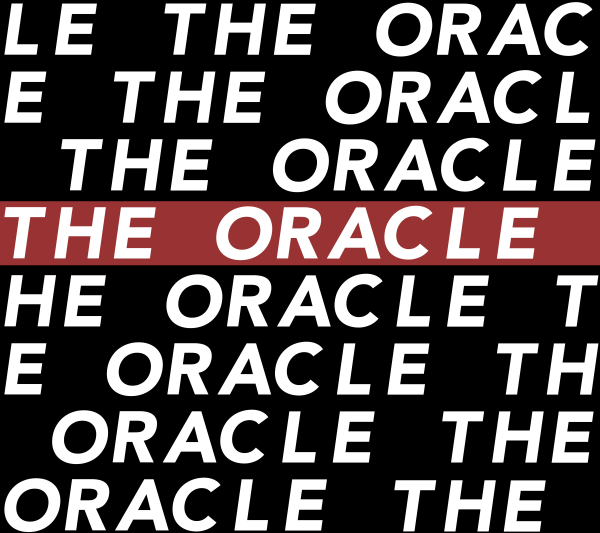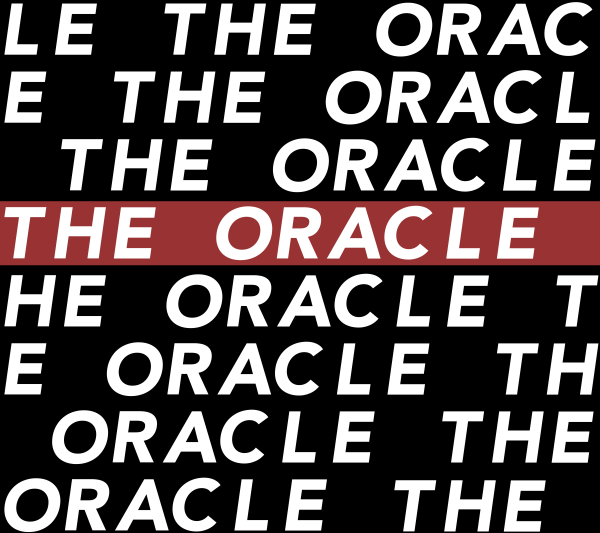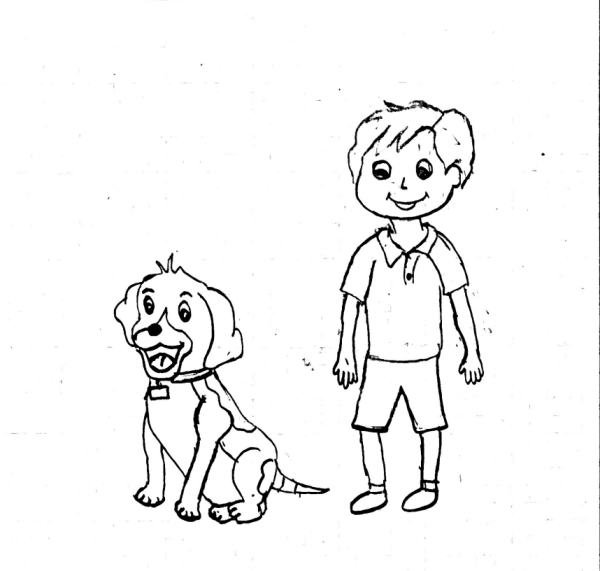Think first. Share second.
Staff Editorial
December 14, 2016
In the wake of an election season full of surprises, political activism throughout the country has taken center stage on social media platforms. Alongside invites for marches and sit-ins, social media users have access to hundreds of suggested and shared articles that grab our attention by advertising the possibilities of our greatest dreams and worst nightmares.
During a time of such high emotions and amidst an atmosphere that is politically polarized, it is up to each and everyone one of us to make sure that we share information responsibly.
Consider taking this quick survey regarding your sharing habits. Do you:
Actually read the article you’re about share a link to?
By read through, you read the article in its entirety?
Know the reliability of the writer/media outlet?
Understand the bias of the writer/media outlet?
Verify that the facts presented in the article are actually facts?
Check the reliability of the sources the writer uses?
Were you able to sincerely check all those mental boxes? If so, good for you. If not, consider thinking twice before hitting that share button.
Most of you will have stopped reading this column by now. Actually reading an article in its entirety is important. For most of us, our lives are not conducive to developing a long attention span. So much so, that the phrase “long attention span” seems incredibly awkward. Hence, most of us read just the headlines and maybe the first couple paragraphs of an article. This is a mistake.
Journalists are aware of this widespread habit and are trained to not only use less words to say more, but also to put the most important information in the first paragraph. However, with complex topics such as the role and purpose of the Electoral College in presidential elections including everything a reader should know about why it was formed just isn’t possible in 100 words (the word count for the first two paragraphs of this article).
The result of a society with a short attention span, is that journalists have to make choices about what is and is not important in an article. As soon as that decision is made, the dirty word of journalism creeps its way in—bias.
Every person who consumes and shares any form of media should understand that every news outlet is going to being biased in some way. The most reliable sources and the best journalists can keep it to a minimum, but no writer can claim to have a completely balanced take on any article. A responsible reader does their due diligence to understand what those biases are and how they affect the interpretation of the facts.
What’s the moral of the story? Look beyond that tempting headline that reads, “The one way Bernie Sanders could still become POTUS” and really think. (By the way, if you saw that article and shared without reading it, you really should have read it.)





